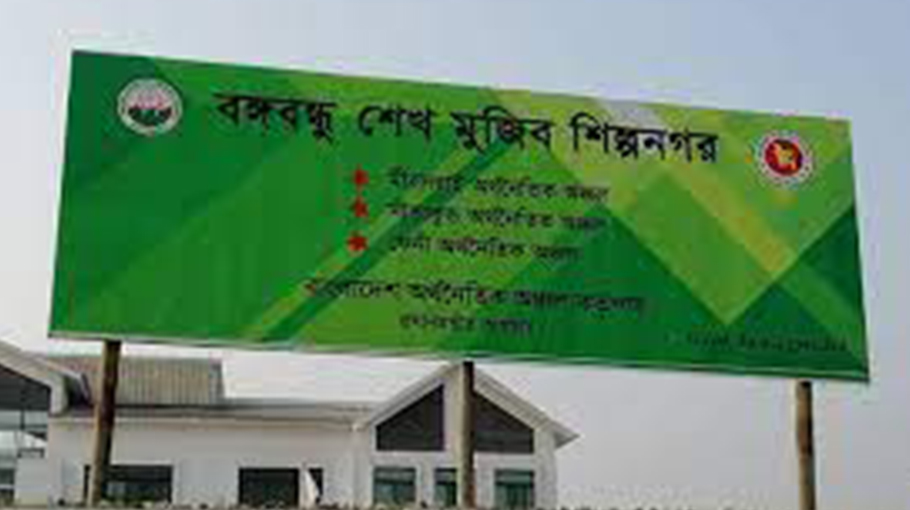Samuda Construction invests $8.2m in Sheikh Mujib Shilpa Nagar
Another $9.1m funds in the pipeline

Samuda Construction Limited, a leading construction company in Bangladesh, has invested US$ 82,00,000, and proposed to invest US$ 91,61,375 shortly in the Bangabandhu Sheikh Mujib Shilpa Nagar (BSMSN) in Chattagram to produce import-substitute construction products
Samuda Construction Limited is a sister concern of TK Group-- a leading construction company based in Chattagram will produce ‘PHC Pile’-- a product used in the construction of the high rise buildings.
The company has already employed 30 persons and will enroll 90 persons in the proposed project, said a high official of the company Initially Samuda Construction Limited will produce 324000 pieces of PHC piles that will help reduce import of the products in phases. Bangladesh now spends several million US dollars by importing ‘PHC Piles’ ---used in the high–rise constructions. Few years back, some parts of main roads dived near Pan Pacific Sonargaon Hotel halting the movement of vehicles as the construction company overlooked some safety measures and did not use ‘PHC Pile’-- a product used in the construction of the high rise buildings—properly.
The proper use of PHC piles should be ensured in the construction of the high-rise buildings to ensure safety and security, said a civil engineer while talking to this correspondent.
Mustafizur Rahman, Director of TK Group, a business conglomerate based in Chattgram, said that Bangladesh can save hard currency by producing this import substitute product locally.
The company will maintain the standard of global companies like AASHTO, ACI, ASTM and BS in the production, said Mustafizur Rahman PHC Piles (Spun Piles) have an extremely high tensile strength which avoid cracks occurring in the pile structure before and during installation (transportation and driving stages) and after installation (service loads and ground movement).
Transportation of piles as well as the tensions created during pile driving is the main cause of tensile stress. Due to the innate weakness of concrete against tensile stress, cracks typically occur in ordinary reinforced concrete pile sections. In traditional piles, tensile strength is provided by steel rebar. Unfortunately, the reinforcing bars deform longitudinally during transport and installation and consequently sectional cracks are created in concrete.
In corrosive environments, these cracks lead to damage to steel and concrete by penetration of chlorine ion, Sulphates, alkaline reactions, etc.
To complicate matters more, inspection and evaluation of integrity of traditional concrete piles after installation are challenging as these elements are not accessible by visual inspection.
Some consultants mainly focus on the superstructure and calculate pile structural strength and resistance, whereas serviceability load during transportation, erection and installation must also be calculated.



